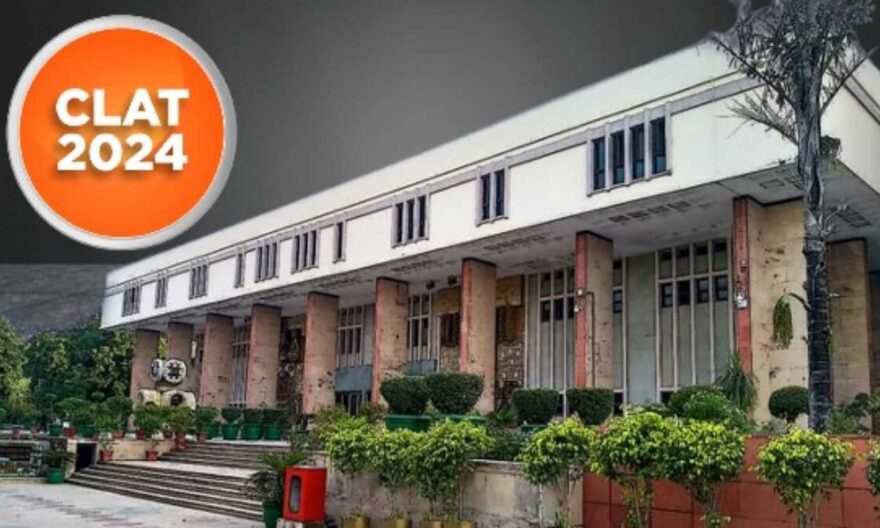
The Consortium of National Law Universities (NLUs) has recently informed the Delhi high court that conducting the Common Law Admission Test (CLAT) 2024 in Hindi and other regional languages is nearly impossible.
The Consortium stated that the test pattern and language mode for CLAT 2024, slated for December 2023, have already been announced, and numerous aspirants have commenced their preparations accordingly.
“On the administrative side of the consortium, preparatory work of setting the paper/key, requisite contract of software technical support (OMR) etc. began in the month of February 2023 itself and are now in advanced stage of completion. Hence, the option for other scheduled options of language is a near impossibility for the 2024 CLAT to be held in December 2023,” the affidavit stated.
Additionally, it was argued that the CLAT examination cannot be equated with other qualifying and entrance exams such as UPSC, IIT-JEE, and NEET, as these exams are conducted on a much larger scale. Furthermore, it was pointed out that even these exams are not conducted in all the regional languages listed in the Eighth Schedule of the Constitution.
The Consortium of NLUs submitted the affidavit in response to a Public Interest Litigation (PIL) initiated by Sudhanshu Pathak, a law student, who demanded the conduct of CLAT 2024 in Hindi and other regional languages. The Consortium stated that an expert committee has been established to assess the feasibility of conducting CLAT exams in Indian vernacular languages. However, the committee has identified significant challenges.
One of the key issues raised by the committee is the predominant use of English as the medium of instruction in the NLUs. The Bar Council of India (BCI) Rules of Legal Education, 2008 mandate that English should be the medium of instruction in both the five-year and three-year law courses.
The committee has also identified several other procedural challenges, including complexities involved in translating subject of law, availability of background material in regional languages for students’ preparation, software development for multilingual exams, distribution of question papers nationwide, financial implications, and the need to establish an institutional support system in NLUs to assist students with no English proficiency.
The committee conducted its first meeting on June 25 and is scheduled to convene again in the second week of July to discuss these issues, as informed to the Court by the NLUs.
The Consortium additionally informed the Court that an advisory board, headed by former Supreme Court judge Justice Indu Malhotra, has been established to provide guidance to the Consortium’s Governing Body and Executive Committee on enhancing legal education.




